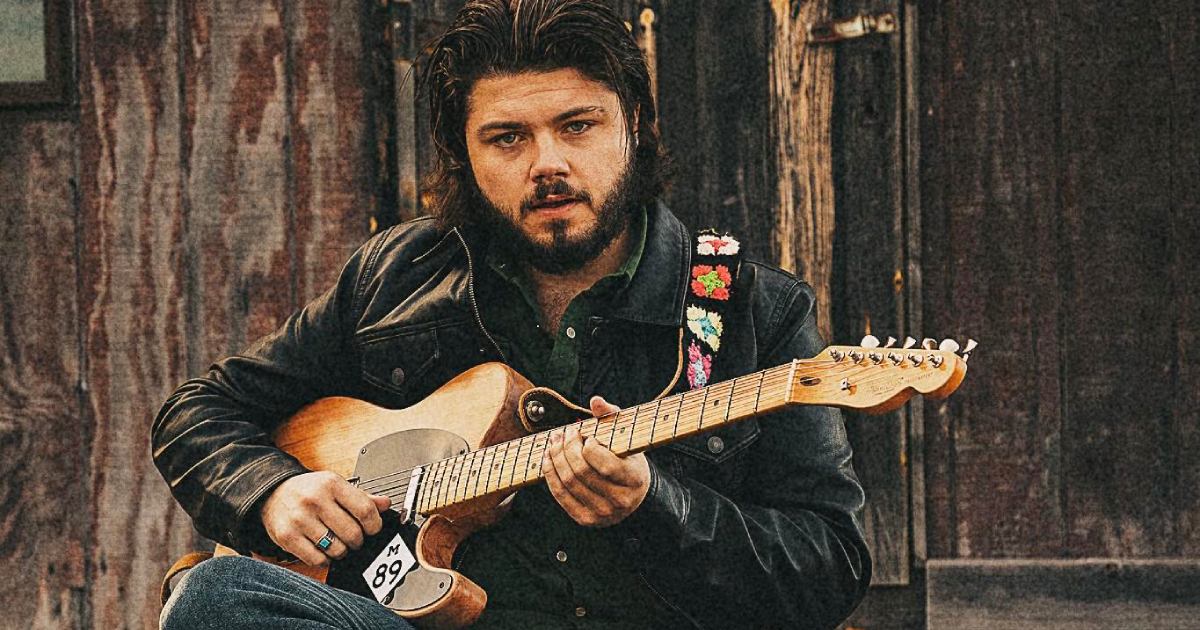
The Voice Behind the Sound: A Conversation with Kate Hinote

Myron Elkins: From Nashville ‘Disneyland’ to Michigan Truth

As 2018 drew to a close, one of the hottest headlines in all of music was whether Michigan’s own Greta Van Fleet deserves the chart-topping attention it’s getting as the second coming of Led Zeppelin. Regardless of the polarizing opinions of publications like Pitchfork, the healthy discourse drew overdue attention to the truly original sounds emanating from our state. Artists with longstanding ties to West Michigan in particular, like Nashville transplants Nathan Kalish and Lindsay Lou, both released outstanding LPs this year to widespread acclaim.
The second annual Yule Ball is here to bring together all area Potterheads for a triumphant holiday celebration of the wonders of the wizarding world
It’s an undeniable fact that over the past decade, comic book culture has exploded on a huge scale. No longer the fringe domain of the uncool, “nerd” culture has gone completely mainstream with the colossal success of blockbuster movies like The Avengers and award-winning TV series like The Walking Dead.
If West Michigan native and rising Nashville prodigy Billy Strings is thankful for only one thing this Thanksgiving, it’s that he’ll finally get to spend at least one night back home.
There are many strange stories about how bands catch a break, but it doesn’t get stranger than the story of Post Animal.
Halloween has become more than just a time for tricks and treats. It’s the end of a season, when autumn leaves give way to the ominous chill of brisk winter air lurking around the corner — we’ve found it’s the perfect time to get freaked, freak out others and otherwise embrace your inner freak. In the spirit of the season, we’ve compiled a quick list of some of the most scream-worthy scares and other fiendishly fun events held in honor of All Hallow’s Eve.
One of West Michigan’s most iconic haunted attractions, The Haunt, returns this year with a new location, new owners and new standards.
There’s no easy way to say goodbye. Whether in a relationship, a job or a band, most people can’t find that perfect time to call it quits.
Each fall, just as the temperatures begin to drop here in West Michigan, one Eastown tradition has come to embrace the changing of the seasons in a truly special way.
When a new band quickly rises to the heights that Young The Giant did on its debut LP eight years ago, it takes some time to process.
What started as a cheeky Instagram photo has turned into a large casting call for all badass babes. If you’re not on board, kindly move out of the way.
ArtPrize is celebrating its 10th birthday by collecting stories from its past and planning changes for its future. Kevin Buist, ArtPrize’s artistic director, talked with Revue about what we can expect for this year’s festival as well as what’s new for ArtPrize, such as the fest’s bi-annual switch and the new Project 1.
This month, the African American Art and Music Festival is teaming up with ArtPrize to bring art, performances and great food to downtown Grand Rapids.
Now in its sixth year, the Audiotree Music Festival continues to evolve, while firmly establishing itself as one of the marquee music events here in West Michigan.


